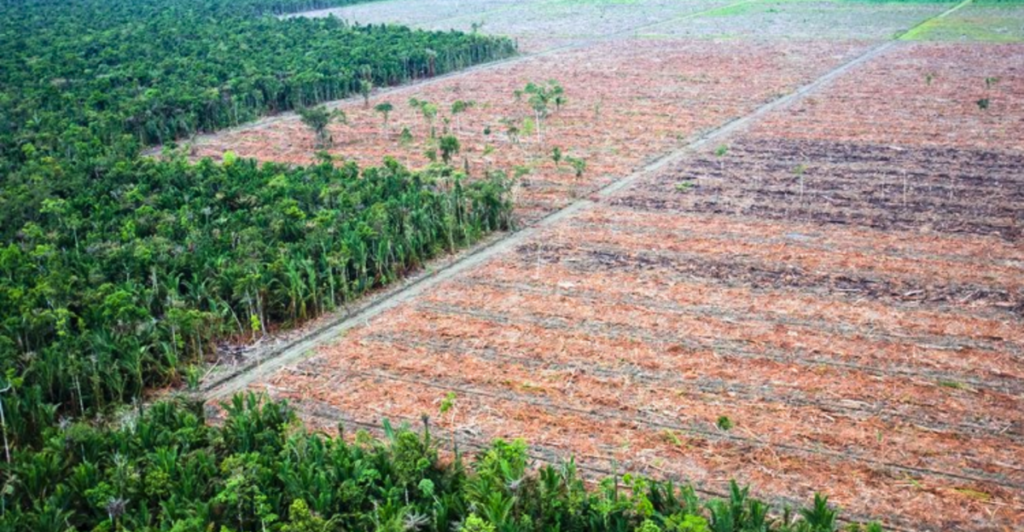
West Papua’s Indigenous people are raising their voices in opposition to global companies, urging a boycott of common items relied upon by consumers that are linked to ecological degradation and human rights violations in their homeland. The campaign targets major brands, including KitKat, Smarties, Aero, Oreo, Ritz, Pantene, and Herbal Essences, which reportedly use palm oil sourced from West Papua. This territory has been under Indonesian rule since 1963 and has seen vast areas of rainforest cleared for agricultural uses, prompting accusations of ecocide. More than 90 tribes, political organizations, and religious groups have supported the boycott, which calls for independence for West Papuans and the end of the exploitation of their land.
The Call for Boycott

The products targeted in the boycott include those made with palm oil, which campaigners say comes from West Papua, a region plagued by deforestation. Indigenous leaders argue that the production of these goods is linked to human rights violations, as local communities are forcibly displaced from their ancestral lands. The purpose of the campaign is to exert pressure on companies and governments to help resolve the continuing environmental and humanitarian crisis in the region.
Raki Ap’s Statement
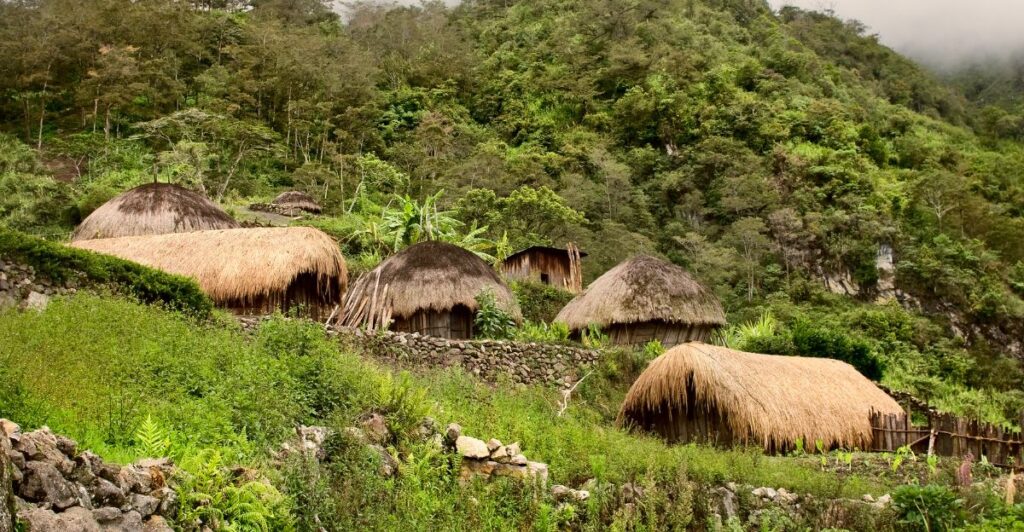
Raki Ap, spokesperson for the United Liberation Movement for West Papua (ULMWP), emphasized the severity of the situation. Indigenous people are being displaced from their land for corporate interests, he said, and the products involved are linked to violence and ecocide. Ap urged the international community, particularly Pacific nations, to review their engagements with Indonesia, which he accuses of perpetuating a colonial project in West Papua.
West Papua’s Rich Resources
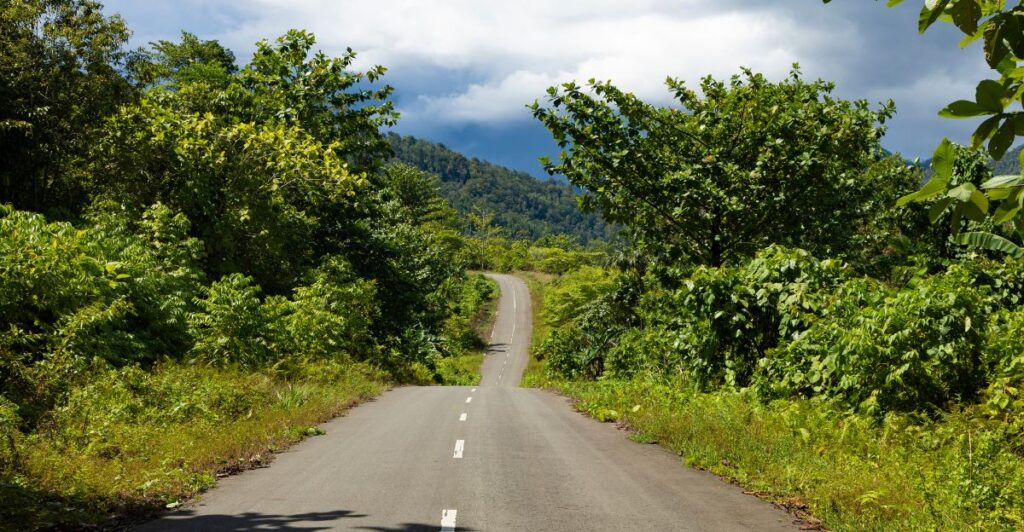
West Papua, the western half of New Guinea, is home to the world’s third-largest rainforest and is rich in natural resources, including gold, copper, natural gas, and timber. Despite this wealth, Indigenous Melanesians have not benefited, as the region has been under the control of Indonesia since 1963. Campaigners call this a “hidden genocide,” with more than 500,000 West Papuans reportedly killed and millions of acres of land destroyed.
The Tanah Merah Project
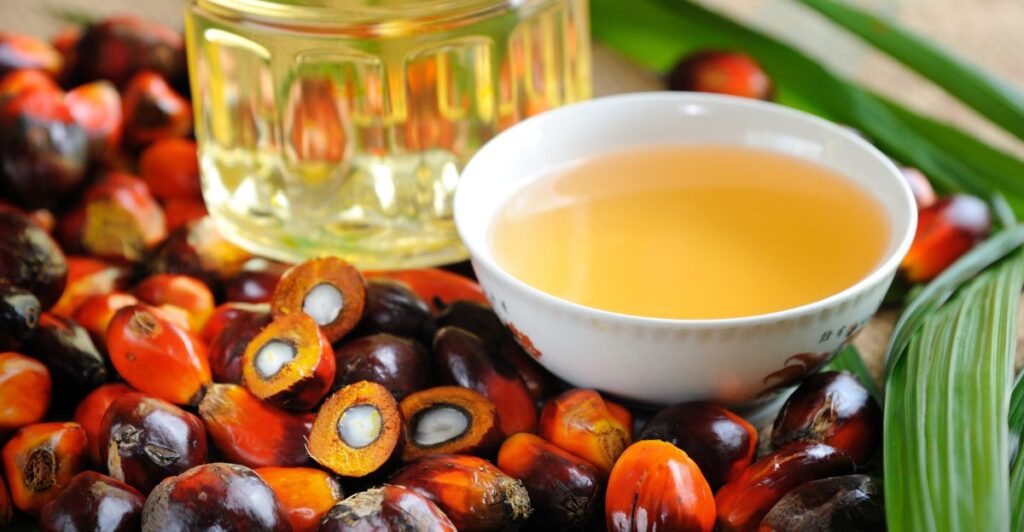
One of the largest deforestation projects in West Papua is the Tanah Merah project, which aims to establish palm oil plantations across 140,000 hectares — twice the size of Jakarta. Additionally, Indonesian authorities also intend to transform Merauke into a massive site of sugar and bioethanol production. These projects are viewed as additional encroachments on Indigenous lands and ecosystems.
Historical Context
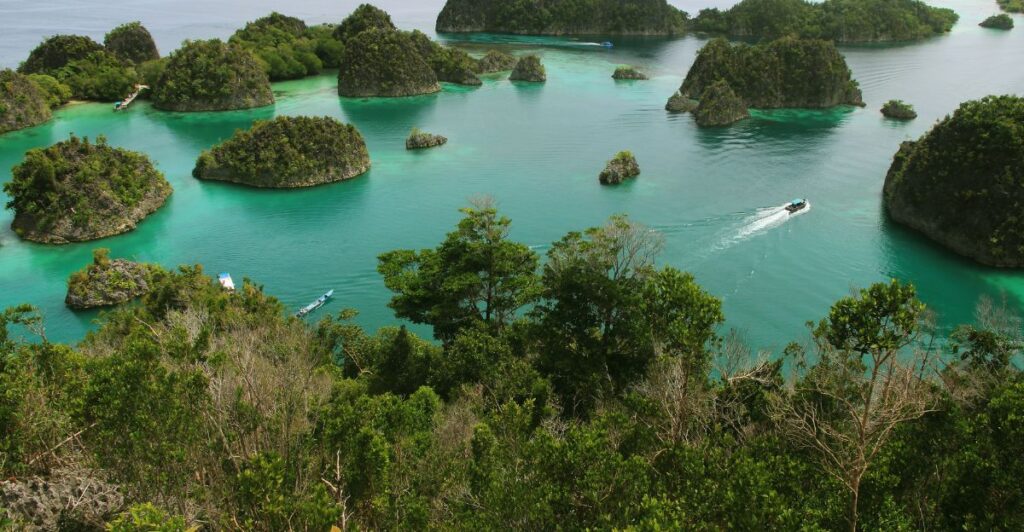
West Papua was part of the Dutch East Indies until 1963 when it was controversially handed over to Indonesia. A 1969 referendum, internationally condemned as illegitimate, formalized Indonesian control. Ap says this marked the beginning of a colonial project that resulted in decades of repression and exploitation, with West Papuans now denied their right to self-determination.
Corporate Responses
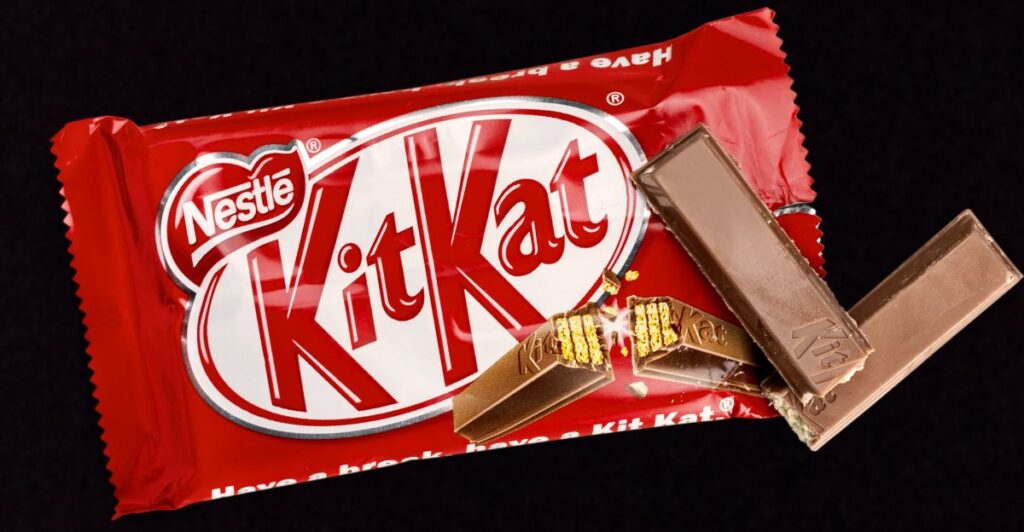
Nestlé, which makes KitKat, Smarties, and Aero, said in a statement that it has strict standards to ensure a deforestation-free palm oil supply chain, including supply chain mapping and satellite monitoring. However, other companies, such as Mondelēz (Oreo, Ritz) and Procter & Gamble (Pantene, Herbal Essences), did not respond to requests for comment and have faced scrutiny over their practices.
Environmental Impact
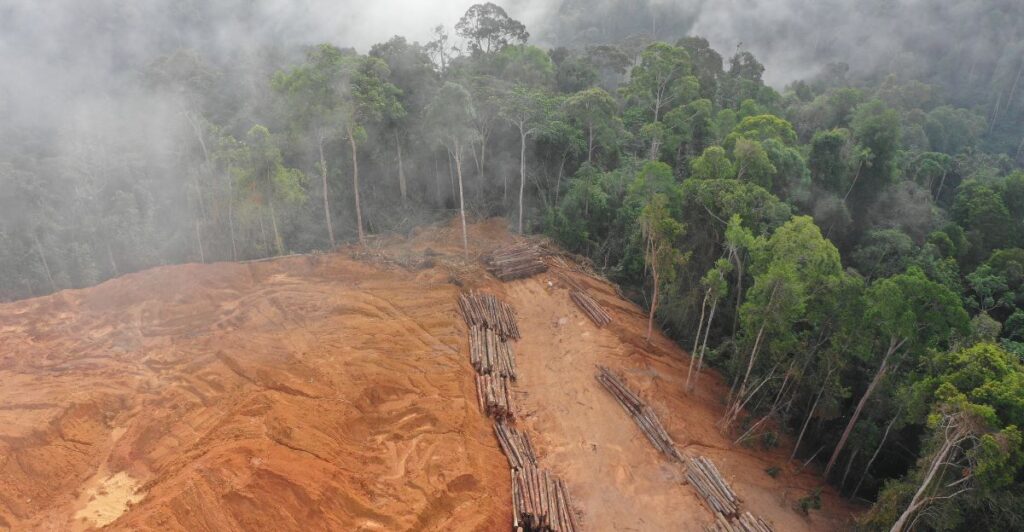
The environmental impact of deforestation in West Papua is devastating, endangering ecosystems and contributing to climate change. This region’s rainforests are crucial carbon sinks, and their destruction exacerbates global ecological challenges. Campaigners argue that saving these forests is crucial for local and global ecological health.
Human Rights Violations

The campaign’s grievances are centered around the displacement of Indigenous communities and the destruction of their lands. As West Papuans resist the loss of their ancestral lands, they are met with violence and oppression. The ULMWP describes this as a systemic attempt to erase Indigenous culture and sovereignty.
International Attention
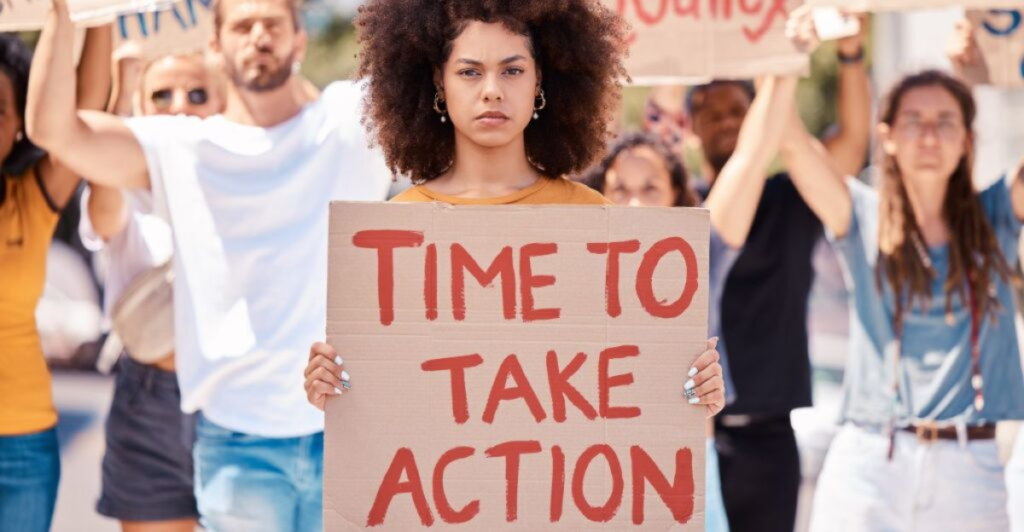
The boycott campaign seeks to draw international attention to the plight of West Papuans, urging consumers to reconsider their purchasing choices. By targeting well-known global brands, the campaign aims to highlight the connection between everyday consumer products and human rights abuses in remote regions.
The Path Forward
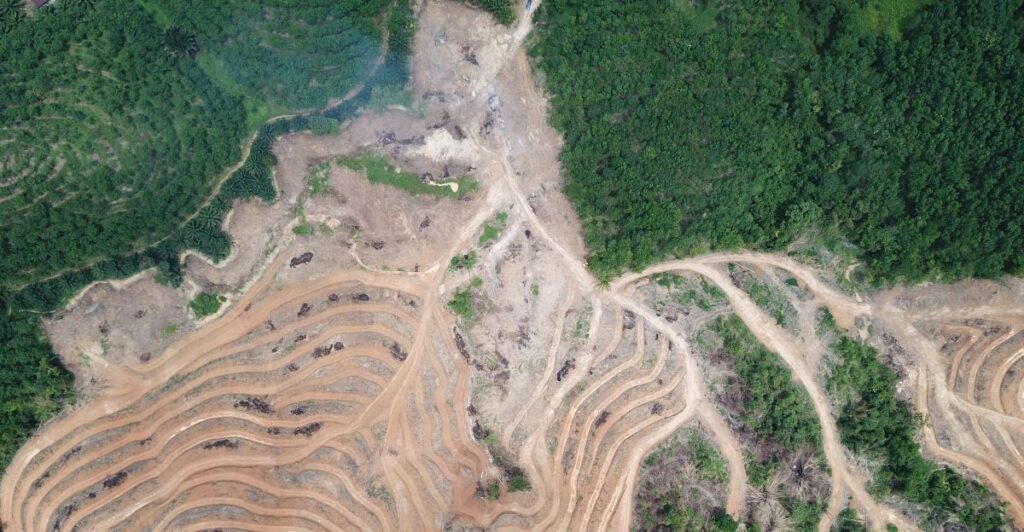
The campaign ultimately seeks either self-determination for West Papua or the end to the exploitation of its resources. Indigenous leaders hope that ongoing international pressure will force Indonesia to address human rights violations and prevent environmental destruction. The boycott serves as a call to action to encourage consumers, corporations, and governments to prioritize justice and sustainability instead of profit.
Explore more of our trending stories and hit Follow to keep them coming to your feed!

Don’t miss out on more stories like this! Hit the Follow button at the top of this article to stay updated with the latest news. Share your thoughts in the comments—we’d love to hear from you!







